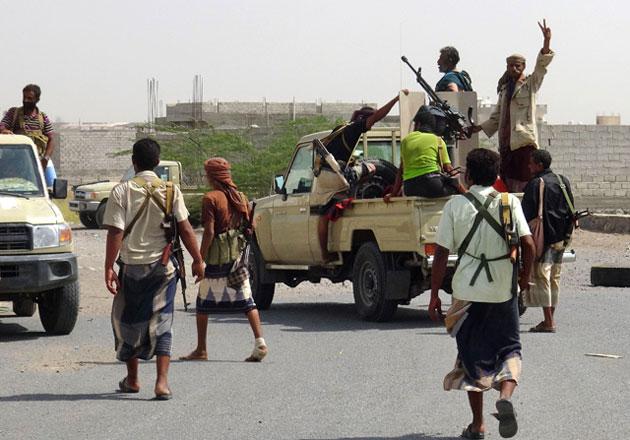You are here
Nobel laureate says human suffering must end in ‘forgotten land’ of Yemen
By Thomson Reuters Foundation - Oct 07,2017 - Last updated at Oct 07,2017
BOGOTA — Yemeni Nobel Peace Prize laureate Tawakkol Karman said the world is turning a blind eye to the plight of millions of people suffering in her war-torn nation plagued by hunger and disease.
Yemen has been torn apart by a two-and-a-half-year-old civil war which pits the internationally-recognised government of President Abed Rabbo Mansour Hadi, supported by a Saudi-led military coalition, against those allied to the Iran-aligned Houthi rebel movement.
“The world doesn’t pay enough attention to Yemen. It’s the forgotten land. There’s a lot of suffering in our country. There’s a big famine and cholera there,” Karman told the Thomson Reuters Foundation.
About 21 million Yemenis — about 80 per cent of the population — need aid, and cholera has killed about 2,000 people and suspected cases have reached 750,000 in what aid agencies have described as the world’s worst humanitarian crisis.
“The country has been besieged for three years, state employees have been unpaid for months, and people have no access to basic services such as water, electricity, health and food,” said Karman, speaking on the sidelines of the One Young World summit in Bogota, which brings together global youth leaders.
The war in Yemen, one of the Arab world’s poorest countries, has killed more than 10,000 people and fighting has forced 2 million people to flee their homes.
“Karman, 38, won the 2011 Nobel Peace Prize for her role in leading protests against longtime former president Ali Abdullah Saleh during the Yemeni uprising.
She was the first Arab woman and second Muslim woman to win the Nobel Peace Prize.
She said the Saudi-led coalition should hand over what is in its control to pave the way for exiled Hadi to return to Yemen from Riyadh, Saudi Arabia’s capital.
The coalition controls the southern port city of Aden and other areas in Yemen’s south, while the Houthi rebels control Yemen’s capital Sanaa and northern strongholds.
“We call upon the Arab coalition, represented by the United Arab Emirates and Saudi Arabia, to hand over Aden and the rest of the provinces under its control, including various airports and ports, to Yemen’s legitimate authority represented by President Hadi and his government,” Karman said.
Related Articles
ISTANBUL — An Istanbul conference under the aegis of Nobel laureate Tawakkol Karman on Friday called for concrete measures to end the war in
ADEN, Yemen — Dozens of people were killed or wounded in two suicide car bombings in the southern Yemeni port city of Aden on Saturday, acco
ADEN, Yemen — Four people were killed on Monday in a second day of fighting between rival factions seeking control of the southern Yemeni po


















